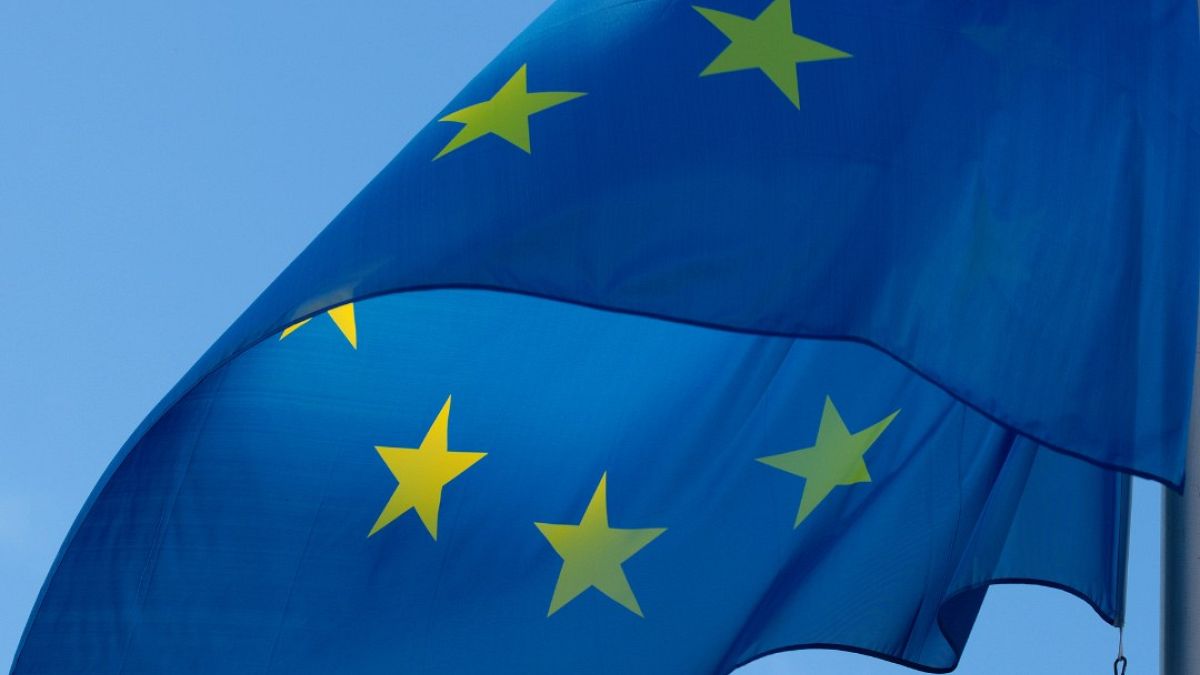

Recent developments in trade and technology regulation between the United States, the European Union, and Canada have underscored significant changes in the international landscape. These events highlight a complex interplay of policies, leadership decisions, and regulatory measures that are shaping the future of digital and economic relations across the globe.
In a move that has captured widespread attention, Elon Musk’s evolving relationship with former President Donald Trump may influence European Union’s regulatory approach towards Musk’s social media platform, X. With the dissolution of Musk’s status as a special employee within the Trump administration, experts suggest the EU could adopt a more robust enforcement of the Digital Services Act. This act mandates stricter controls and responsibilities for tech companies operating within the EU, ensuring a safer digital environment for European citizens. As these regulatory landscapes evolve, the potential for enhanced scrutiny on platforms venturing across international lines becomes more pronounced.
Meanwhile, tensions between the United States and Canada have surfaced as former President Trump announced the cessation of ongoing trade discussions. The crux of the disagreement lies in Canada’s implementation of a digital services tax, imposing a 3% levy on revenues generated in Canada by tech giants such as Amazon, Google, and Meta. The measure applies not only to Canadian firms but also to foreign companies engaging with Canadian users. This has sparked a broader debate on taxation in the digital sector, as nations strive to establish equitable taxation frameworks in the increasingly digital economy.
On another front, the Group of Seven (G7) leading economies reached a notable compromise, which exempts the United States from applying a minimum global corporate tax rate. Weighing the prospective advantages, the Trump administration decided to relinquish its previously declared intention of instituting a retaliatory tax within an overarching spending bill. This decision reflects a diplomatic balancing act, as countries continue to navigate complex alliances and economic priorities in pursuit of shared prosperity.
The domestic policy agenda within the United States is also experiencing pivotal shifts. The Senate, often a reflection of American political dynamics, recently advanced a critical tax-cut and spending bill associated with the Trump administration. This legislative initiative, deemed a priority for Trump’s presidency, cleared an initial procedural vote, notwithstanding opposition from two Republican senators. By proceeding into debates, there is palpable anticipation surrounding the impact such legislation could have on economic growth and fiscal strategies within the United States.
Together, these developments underscore the dynamic nature of policy-making in the realms of international trade and technology regulation. As nations continue to articulate and redefine their positions, stakeholders across the globe await the unfolding of policies that promise both challenges and opportunities in equal measure.
The evolving relationship between governments, tech companies, and regulatory frameworks suggests a future marked by increased interaction and scrutiny. As the global community observes these changes, the overarching themes remain steadfast—ensuring fair taxation, safeguarding digital user rights, and fostering international cooperation that aligns with national interests.
Source: {link}
